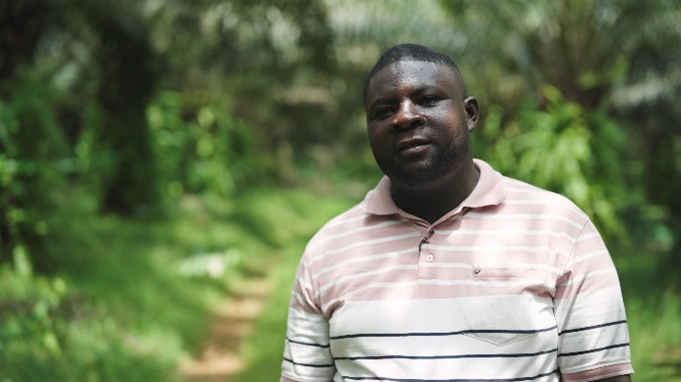The Young African Leaders Programme of the School of Transnational Governance provides a unique opportunity for policy experts from Africa to further develop their policy work and professional skills amidst international experts.
In the dynamic academic environment of the European University Institute in Florence, selected participants will take part in workshops, training and skills development sessions, conferences, study visits and field trips in Europe. Interaction with the other fellows, policy-makers and the academic community at the EUI will make this a truly unforgettable experience.
The three-month leadership programme will take place between September and November 2021 and places are fully-funded with a grant of € 2,500 per month. The African experts must live in the area of Florence for the duration of their stay. The language of the programme is English.
The Programme targets mid-career, high potential policy-makers, diplomats, and professionals from Africa, working in national and local authorities, regional, continental, international organisations and development partners, civil society organisations, academia, media and private sector, in Africa. More precisely, the Programme is open to young female and male professionals, mid-career and executives alike, who are nationals of African countries, residing in Africa and are under the age of forty-five.
We are looking for:
- Mid-career professionals (e.g. in politics, civil service, business, media and non-governmental organisations) from Africa, able to demonstrate both professional experience and potential for future excellence in the policy sphere.
- Potential beneficiaries should have at least seven years of relevant work experience and must be able to demonstrate competencies in professionalism, teamwork, client orientation, planning and organising and potential leadership.
- Potential beneficiaries must hold a Master’s Degree in Economics, Social Sciences, Public Administration, International Development, Business Administration, Law, Finance or any other relevant field. To promote and help advance on strategic themes and policy areas relevant to transnational governance, including regional integration and regional governance, gender empowerment, environmental governance and climate change, cross border resource governance, diplomacy, digital politics, cross border economic governance, social sciences, and humanitarian disasters such as pandemics, which are crucial to deliver sustainable and locally-owned development in African countries, as well as to contribute to the effective implementation of the Africa-EU-Partnership and the African Union’s Agenda 2063.
- Candidates must prove experience, knowledge or show interest in: (i) strategic planning and execution; (ii) negotiation and change management; (iii) policy formulation, and development implementation of new strategies and procedures; (iv) ability to communicate and interact with officials at all levels of government and to work effectively with a wide range of constituencies in a diverse community; (v) research/analytical work in relevant areas of transnational governance; (vi) working on multilateral, regional or continental African issues.
- Genuinely engaged individuals involved in policy issues, especially those related to transnational governance.
- Self-motivated people, able to present a clear work plan for the fellowship to show what the applicant will achieve and how this work will have a ‘multiplier’ effect after the training programme.
- Curious and engaged contributors. Participants are expected to be part of the EUI community on a daily basis and to participate in peer discussions on topics which may be beyond their expertise.
- People who are fluent in written and spoken English.
The Programme expressly aims at ensuring a balanced mix within the participants in terms of gender, geographical origins, country’s income and fragility levels, mandate of the institutions they work for, past experiences, professional backgrounds, so as to represent the diversity of Africa and provide opportunities to less-advantaged applicants.
The main language of implementation of the programme’s pilot phase will be English. But, in the longer-term the Programme aims to operate in French as well.
Selection of Fellows
The STG will establish a Selection Committee, composed of EUI/STG and DG International Partnerships (INTPA) representatives, which will steer the selection process. In selecting potential beneficiaries, beyond quality and experience of each of the candidates, the Selection Committee will pay particular attention to gender balance, fair presence of the different categories of actors (authorities, civil society, international organisations, etc.), as well as good representativeness across sub-regional geographical areas in Africa, as well as looking at creating opportunities to candidates that have not joined such type of programmes in the past.











